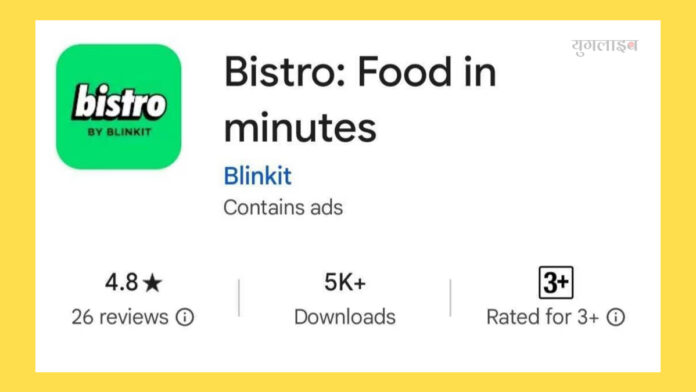10-minute food delivery, quick commerce India, instant food delivery, Zomato Blinkit, Swiggy Bolt, Zepto Cafe
In a dramatic shift transforming India’s food delivery landscape, major platforms are now racing to deliver meals in under 10 minutes, marking a new chapter in the country’s quick commerce revolution. Industry giants including Zomato, Swiggy, and emerging players like Zepto are aggressively expanding their ultra-fast delivery services across major metropolitan areas.
OpenAI Brings ChatGPT to WhatsApp, Making AI Access Simpler for Billions
The Rise of Ultra-Fast Food Delivery in India
- At least five major companies have launched or announced 10-minute food delivery services
- Zomato’s Blinkit unit launched Bistro, utilizing in-house kitchen networks
- Swiggy’s Bolt service partners with global brands like Starbucks and McDonald’s
- Zepto Cafe reports 30,000 daily orders and adds 100 new cafes monthly
Market Growth and Economic Impact
According to JM Financial’s recent report, India’s online food delivery market is projected to more than double to $15 billion by March 2029. Currently, delivery platforms penetrate only 11% of India’s total food consumption, compared to 40% in China and 58% in the US, indicating substantial growth potential.
Business Impact
The quick commerce revolution has significantly boosted investor confidence:
- Swiggy shares surged 50% since their recent listing
- Zomato’s stock value increased by 133% this year
Operational Infrastructure and Innovation
Different platforms are adopting varied approaches to achieve the 10-minute delivery promise:
- Blinkit’s Bistro: Operates through dedicated in-house kitchens
- Swiggy Bolt: Partners with established restaurant chains
- Zepto Cafe: Utilizes a network of dark kitchens and cafes
Quality and Safety Considerations
The rapid delivery model has sparked debates about food quality and nutrition:
- Industry experts raise concerns about processed food consumption
- Companies assert strict quality control measures
- Platforms emphasize fresh preparation and hygiene standards
Expert Insights and Analysis
Karan Taurani, senior vice president at Elara Securities India Pvt, notes that quick commerce has fundamentally altered consumer behavior, creating more impulsive buying patterns. However, challenges remain in maintaining consistent delivery times across India’s congested urban areas.
Future Outlook
As competition intensifies, more players are entering the market:
- Tata Group’s BigBasket plans to launch similar services
- Expansion continues across tier-2 and tier-3 cities
- Focus on technological innovation and operational efficiency
This rapid transformation of India’s food delivery sector represents a significant shift in consumer behavior and business operations, potentially reshaping the future of quick commerce in one of the world’s largest markets.




